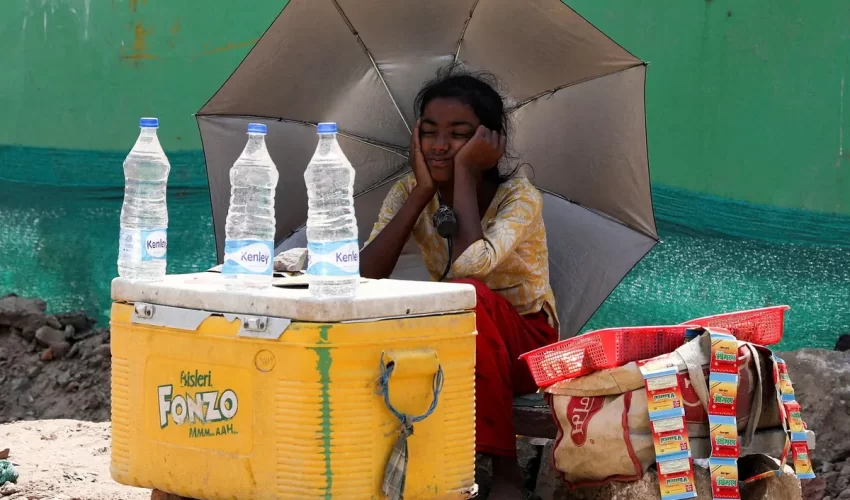The Global Heat Crisis: Unraveling its Impact on Public Health Worldwide
As the world grapples with the consequences of climate change, the rising global heat crisis has emerged as one of the most pressing challenges of our time. Extreme heat events are becoming increasingly frequent and intense, affecting millions of people across the globe. While the environmental impact of rising temperatures is well-documented, the toll it takes on public health is equally concerning.

Heat-Related Illnesses
Extreme heat poses a significant risk to public health, causing a surge in heat-related illnesses. Heatstroke, heat exhaustion, and heat cramps are among the most common heat-related illnesses that can lead to hospitalizations and even fatalities, especially among vulnerable populations such as the elderly, children, and individuals with pre-existing health conditions. As temperatures soar, urban areas become “heat islands,” exacerbating health risks for those residing in densely populated cities.
Aggravation of Respiratory Conditions
The global heat crisis also worsens air quality, leading to higher concentrations of ground-level ozone and particulate matter. This increase in air pollution can aggravate respiratory conditions like asthma and chronic obstructive pulmonary disease (COPD). Prolonged exposure to elevated temperatures and poor air quality can result in more frequent asthma attacks and respiratory distress, putting a strain on healthcare systems worldwide.
Spread of Infectious Diseases
Rising temperatures have the potential to alter the geographic distribution and seasonality of infectious diseases. Disease-carrying vectors like mosquitoes and ticks thrive in warmer climates, leading to an expansion of their habitats and the diseases they transmit. Diseases like malaria, dengue fever, and Lyme disease are becoming more widespread, affecting regions that were once unaffected. The spread of these diseases adds to the public health burden and challenges the healthcare infrastructure of various nations.
Mental Health Implications
The global heat crisis not only affects physical health but also takes a toll on mental well-being. Prolonged exposure to extreme heat and heatwaves can lead to increased stress, anxiety, and heat-induced mental health conditions. Additionally, the environmental consequences of heat, such as droughts and wildfires, can result in loss of homes, livelihoods, and a sense of security, further impacting mental health on a broader scale.
Food and Water Security
As temperatures rise, agricultural productivity faces challenges, leading to food and water shortages in vulnerable regions. These shortages can lead to malnutrition and related health issues, particularly affecting children and pregnant women. Additionally, scarcity of clean water increases the risk of waterborne diseases, posing a significant threat to public health.
The global heat crisis is an urgent and complex issue that demands immediate attention and collective action. The impact on public health worldwide is undeniable, from heat-related illnesses and respiratory problems to the spread of infectious diseases and mental health implications. It is crucial for governments, organizations, and individuals to work together to mitigate the effects of climate change, adopt sustainable practices, and prioritize public health in the face of rising temperatures. Only through comprehensive and proactive efforts can we hope to safeguard the health and well-being of current and future generations amidst the challenges posed by the global heat crisis.
The Soondra Foundation, a 501(c)(3) non-profit organization, offers upfront cash grants to India’s working poor who survive on $3-$5 a day. These vulnerable communities struggle to afford the upfront payments required by the Indian healthcare system for medical treatment.


